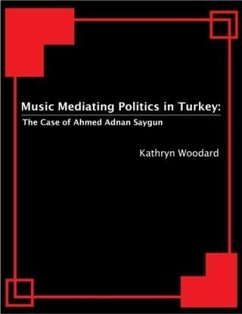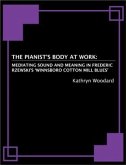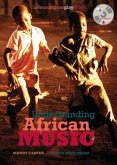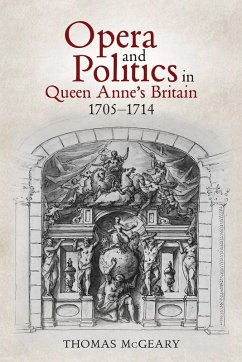In conjunction with compositional strategies that reflected reform rhetoric, performances of his music at several high-profile venues served to mediate political alliances with and beyond Europe. In this essay I discuss the contexts of four performances, two of the opera Özsoy and two of the oratorio Yunus Emre, and how they enable Saygun's music to establish or solidify alliances with Iran, the post-Soviet republics of central Asia, the United Nations (UN), and the Vatican. By contextualizing Saygun's compositional style, particularly the practice of pastiche, and by analyzing the presenting, promoting, and reviewing strategies for the performances, I establish a framework for considering the role that music, specifically music performance, plays in mediating politics in Turkey.
Music played an important role in the implementation of reforms during the early years of the Turkish Republic. Along with social and language reforms, musical reforms were intended to ally the new secular, democratic nation with Europe while supporting Turkish cultural roots as distinct from the region's Ottoman history. Because the musical reforms were so closely tied to the project of nation building in Turkey, all facets of musical life became contexts for mediating political meaning in the new republic. From the founding of new institutions, such as the Ankara State Conservatory in 1935, which offered instruction only in Western art music, to the banning of radio broadcasts of Ottoman classical music in 1934, musical reform policies were indicative of the overt political strategy of situating the Ottoman past in opposition to the bright future of an alliance with Europe. By infusing music with such political overtones, reform-period policies and rhetoric continue to influence the perception of music such that the analysis of any public event featuring music from Turkey calls for a consideration of political meaning. In fact, the results of reforms, which were directed specifically at allying Turkey's musical culture with Europe, functioned in many cases to represent shifting alliances with a wide range of nations and political entities.
This essay originally appeared in a special issue of Comparative Studies of South Asia, Africa and the Middle East entitled "Mediating Politics in the Middle East." This essay contributes to the theme by examining prominent performances of compositions by Ahmed Adnan Saygun (1907 - 91) as mediations of Turkey's political alliances. Saygun came of age in the early years of the republic and is upheld as one of the main proponents of a national style of music in Turkey. The two works discussed here, the opera Özsoy and the oratorio Yunus Emre , demonstrate Saygun's multifaceted approach to reform strategies for composition, and the high-profile performances of each work, along with documentation of the events, illustrate the overtly political contexts for his music that establish, and even privilege, his role as a political figure in Turkey.
Dieser Download kann aus rechtlichen Gründen nur mit Rechnungsadresse in A, B, BG, CY, CZ, D, DK, EW, E, FIN, F, GR, HR, H, IRL, I, LT, L, LR, M, NL, PL, P, R, S, SLO, SK ausgeliefert werden.









